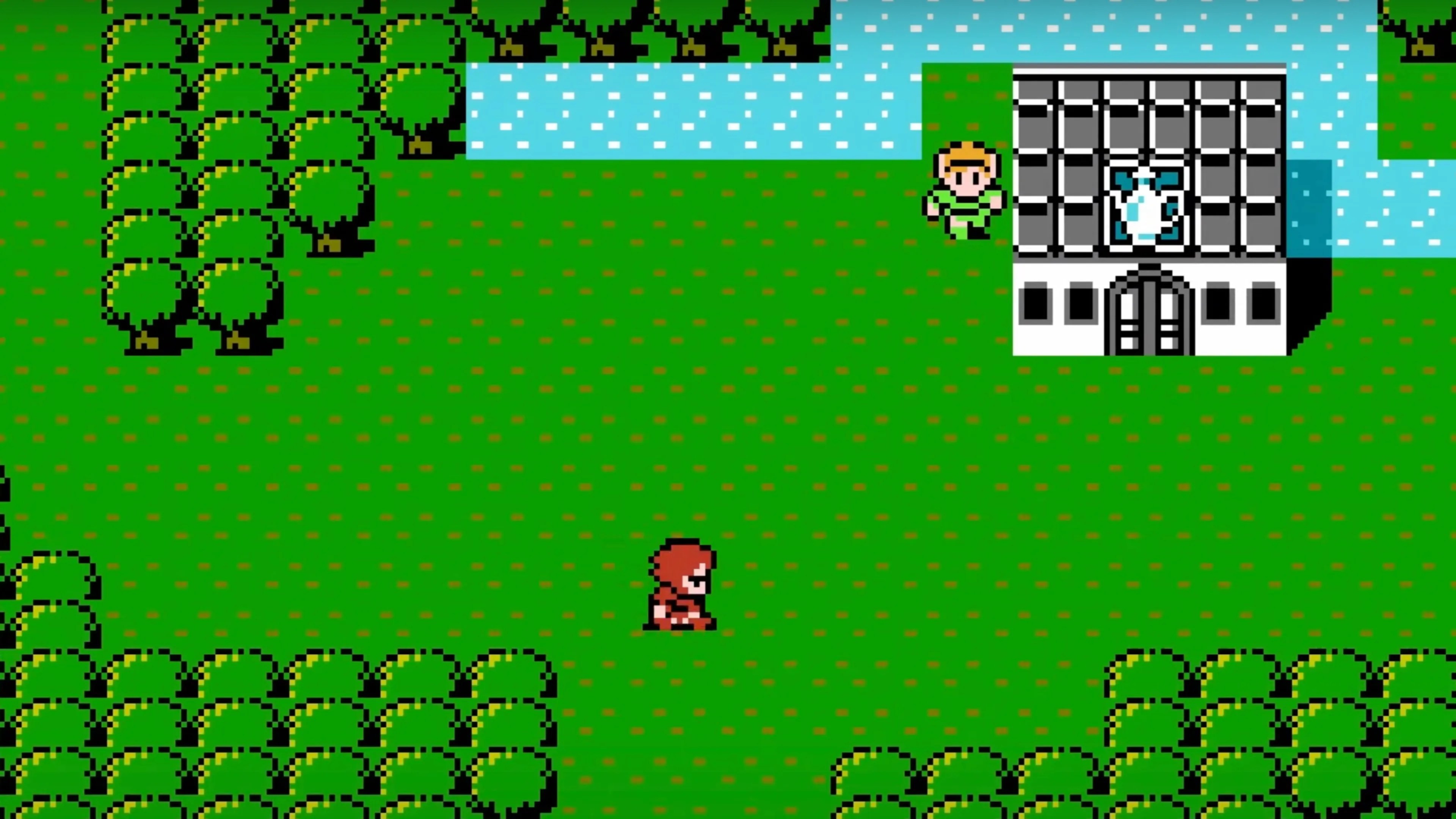Summary
The vast majority ofFinal Fantasygames do a great job of introducing their deep mechanics and giving players endless avenues to help develop their party. However, most fans would argue that some of the games in the series can be a bit too hand-holdy at times.
This may be frustrating for players who want a game to trust their instincts, which is why the followingFinal Fantasygames will be perfect options for them. Sure, they feature their fair share of tutorials, but these games will also let players loose at a moment’s notice, trusting them to figure things out for themselves.

The World of Balance feels like a traditionalFinal Fantasygame, where players are gently guided from one location to the next. All of this changes the very moment players enter the World of Ruin, where they’re mostly left to their own devices.
It’s not uncommon for players to find themselves exploring a location where they’re completely underleveled during this part of the game, forcing them to backtrack and try torecruit someone else instead.Final Fantasy 6trusts players to make multiple saves so that they don’t find themselves trapped in a place where high-level enemies will be smiting them with ease.

Players who want to check outthe best version of a job system in aFinal Fantasygamewill find the fifth mainline entry to be right up their alley. In this title, the heroes start as lowly Freelancers who eventually gain access to classicFinal Fantasyjobs that enhance their abilities.
Eventually, players will uncover so many jobs they’re clueless about that they’ll eventually have to test them out in combat themselves to figure out how they work. Sure, players can check a guide, but this can take away from the sense of experimentation that this game softly pushes on players.

The firstFinal Fantasygame didn’t shy away from forcing players into tough combat scenarios after making them choose the classes for their four designated Warriors of Light. They are eventually encouraged to explore the world, tackle the Four Fiends, acquire more abilities for their warriors, and eventually become stronger than ever before.
The original game was especially unforgiving and forced players to either enter battles with sound strategies or die repeatedly. This difficulty was rolled back for future releases, but this shouldn’t lull players into a false sense of security; a single mistake is all it takes to ruin a playthrough.
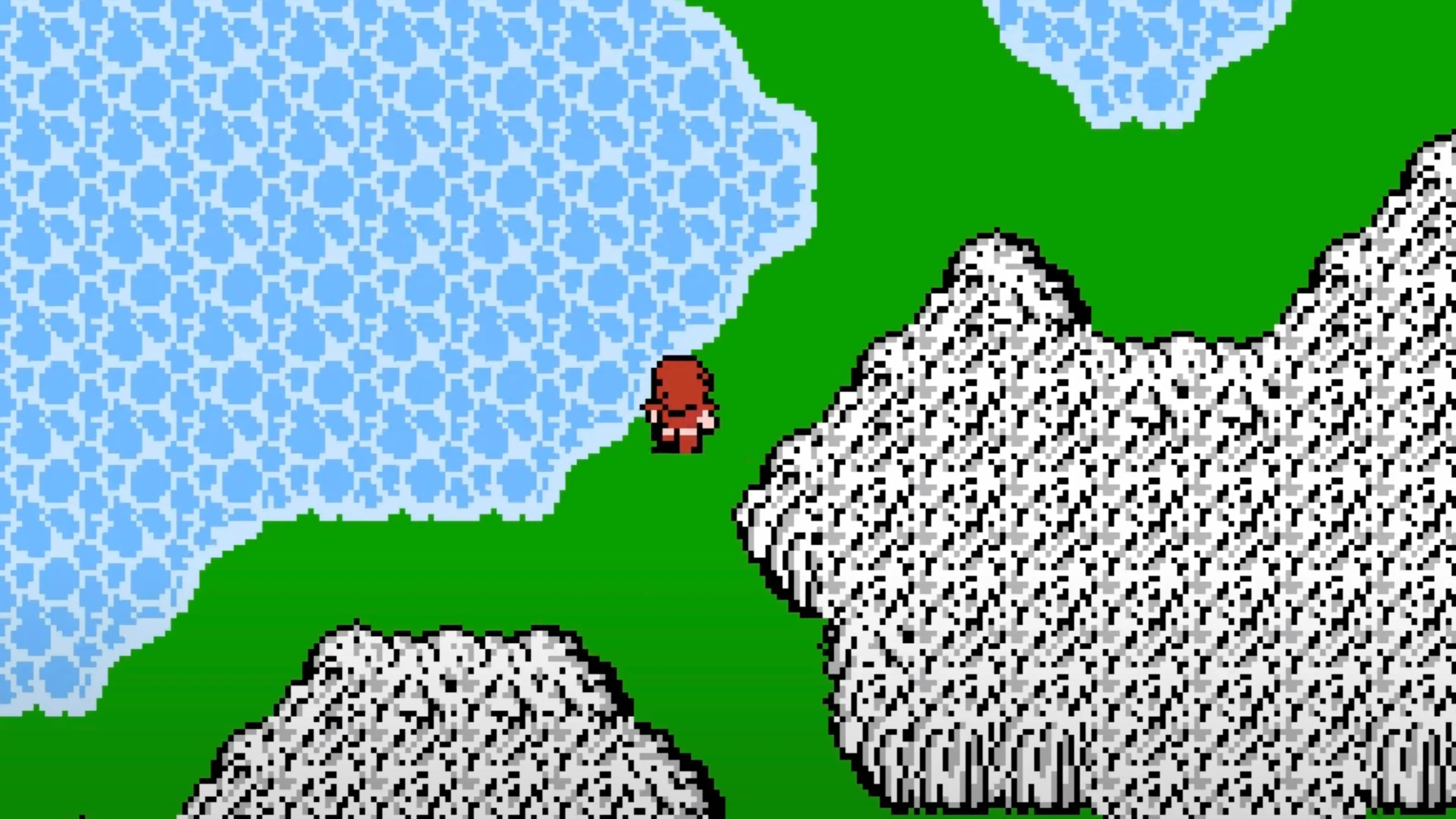
Dissidiais a game that shouldn’t have worked, but this crossover of multiple universes coupled with 1v1 fighting combat ended up being way more riveting than it had any right to be. The result is one of the greatestFinal Fantasyspin-offs that more fans need to check out.
Dissidia 012 Final Fantasyis the definitive version of the first game, in which combat is deceptively easy early onbefore things get very challenging. In the late game, players must be familiar with the fighter they control if they don’t want to be obliterated by overly aggressive enemies.
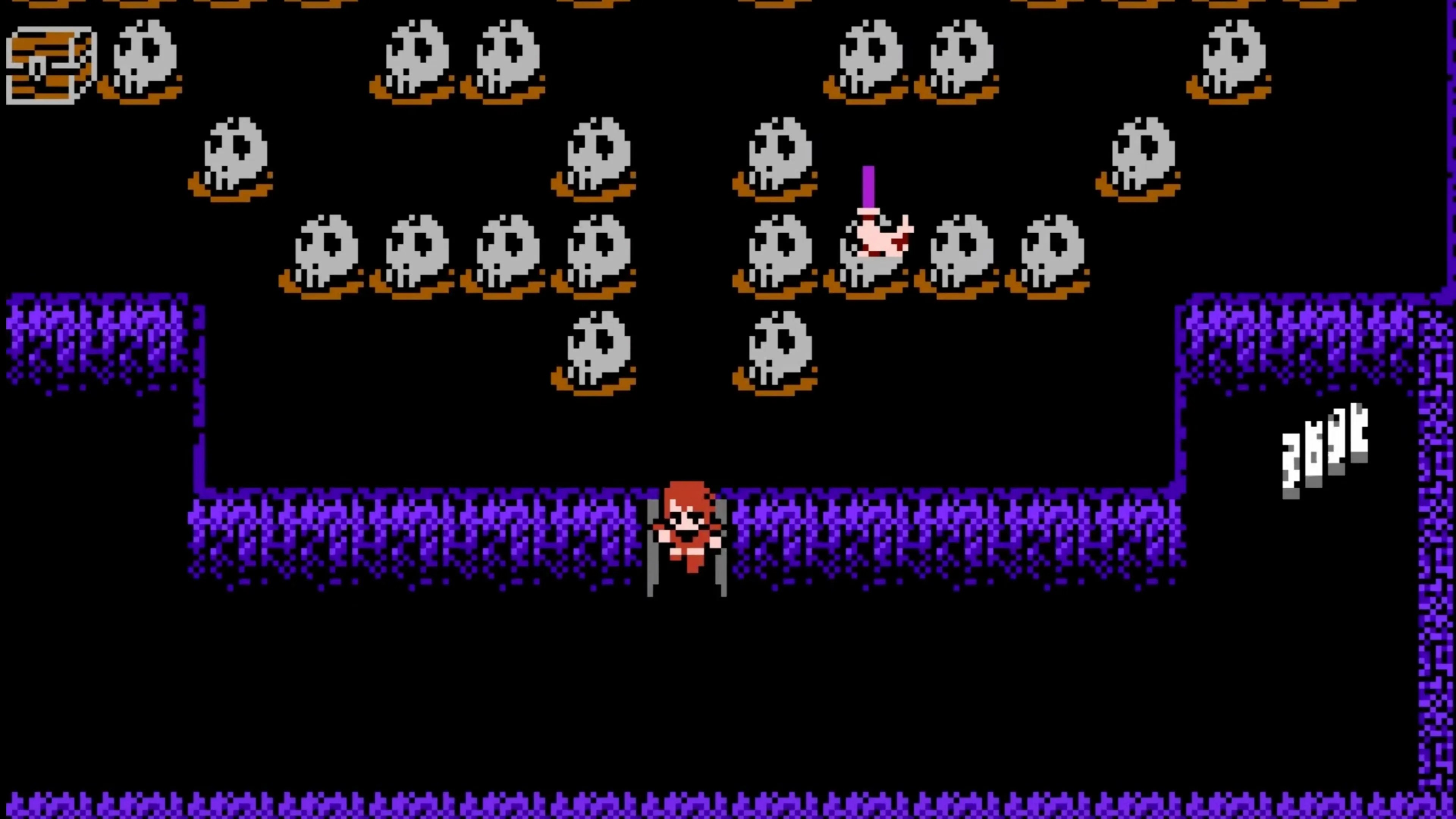
A huge part of what makesFinal Fantasy 2so inaccessible is the lack of clarity when it comes to the progression system. Most players will have little to no idea why their characters are gaining stats early on, making the start of the title challenging for people who don’t know how to break the game.
Along with this,the world map is so openthat players can easily walk into a location way more dangerous than their level permits, only to be smashed to pieces. Such instances show that players must learn on the fly and figure out how to make progress inFinal Fantasy 2without being utterly humiliated by their opponents.
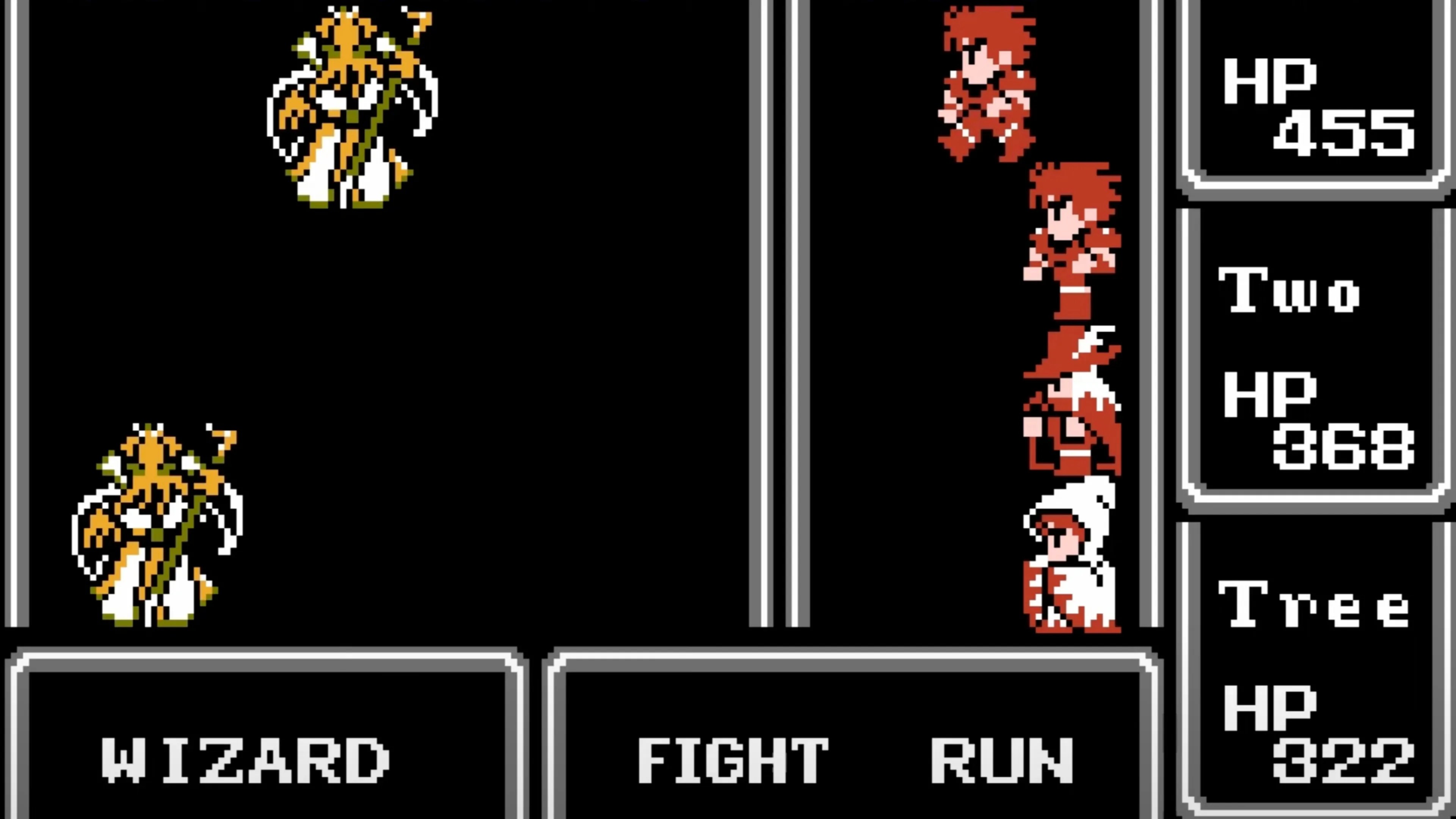
Final Fantasy 3’s DS remake enhances the difficulty of this title, and it doesn’t help that the job system can be a bit confusing at first. Players can rightfully complain about the limited spellcasting in this game and how it makes playing as a mage way harder than necessary.
To make things worse, some areas in the game feature organic puzzles that are hard to decode, whereplayers must use status effectsor certain jobs to make progress. However, nothing comes close to the ridiculous difficulty spike in the final dungeon, where players who thought they finally understood howFinal Fantasy 3works will be in for a rude awakening.
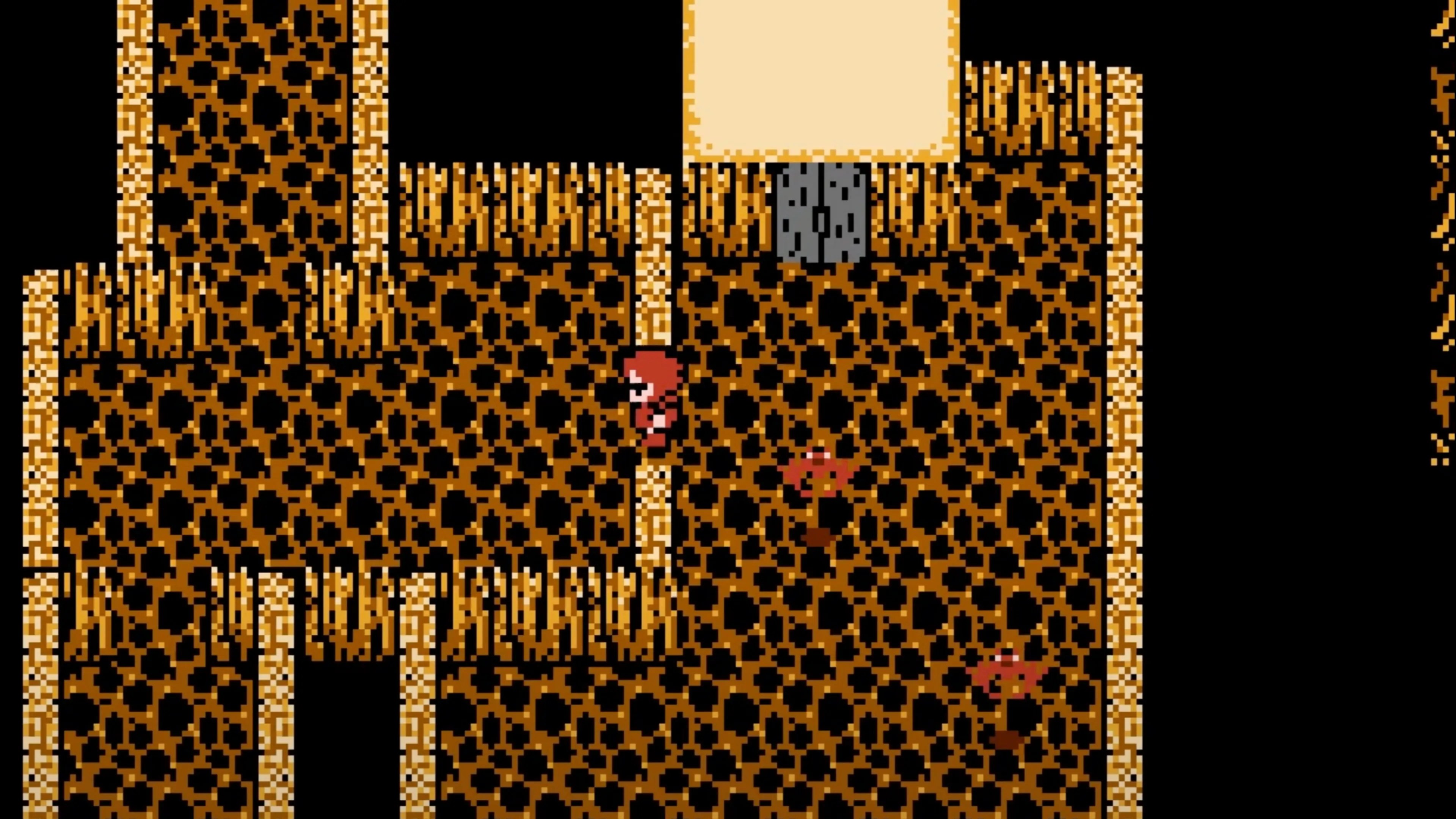
WhileFinal Fantasy 3’s 3D remake was especially hard during the final stretch,Final Fantasy 4is consistently hard throughout the riveting story-driven experience. Technically, this makes it easier for players to adjust to the difficulty curve, although they’ll still need tobe on their toes in every dungeon.
A single mistake can be catastrophic for players, forcing them to ensure that their tactical competence is at an all-time high so that they can deal with the game’s toughest boss encounters. This game will force players to optimize their party if they don’t want to be ruthlessly obliterated by the many enemies that stand in the way.
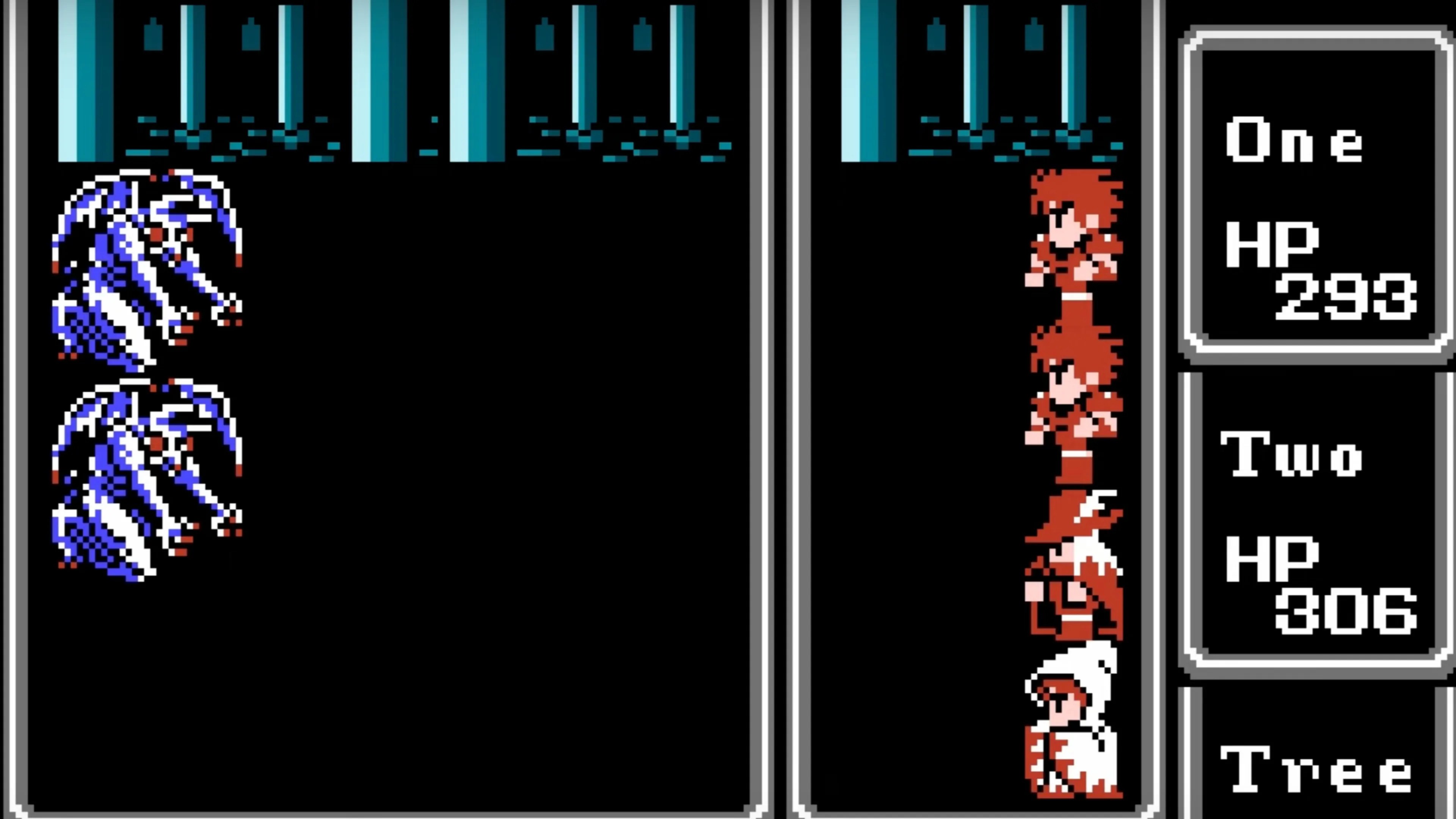
Given thatTactics Ogrewas a complicated game in its own right, it’s easy to see why this title’s designer would bringthe same level of complexity toFinal Fantasy Tactics. Yasumi Matsuno is a master of his craft and, with this title, developed one of the bestFinal Fantasyspin-offs of all time.
Final Fantasy Tacticsboasts a job system that’s decently complicated but must be mastered if players don’t want to struggle against basic combat encounters. Players are also left in the dark about the game’s difficulty spikes, serving as a rude awakening if they don’t have an old save to fall back on after experiencing an infamous encounter that countless fans of this game still have nightmares about.
